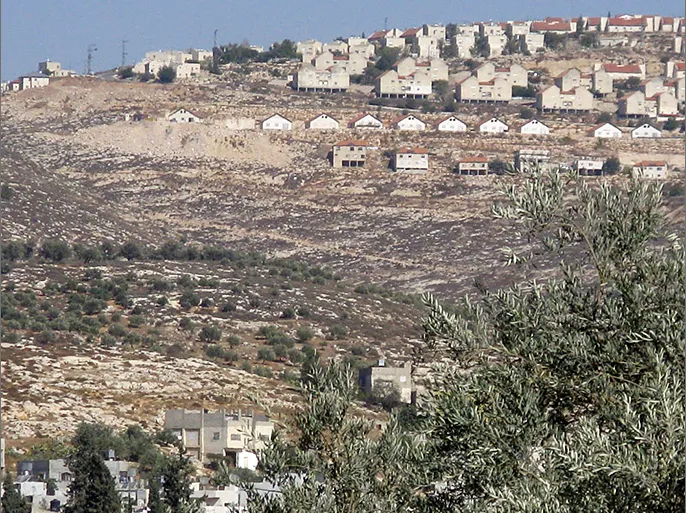The Union of Agricultural Work Committees (UAWC) urgently warns that the Israeli Occupation’s advancement of the E1 settlement plan constitutes a direct and existential threat to Palestinian agriculture, rural communities, and the right of our people to live and work on their land.
Set for discussion on August 6 by the Israeli Civil Administration’s Higher Planning Committee, the E1 plan aims to construct 3,412 housing units over 12 square kilometers between occupied East Jerusalem and the illegal Ma’ale Adumim settlement. If implemented, this project will physically sever the West Bank, cutting off the north from the south and isolating East Jerusalem from its natural Palestinian surroundings. For Palestinian agriculture, this is a deliberate act of dispossession and fragmentation that will destroy critical farming zones, pasturelands, and water access routes.
As an organization rooted in the defense of Palestinian farmers and peasant communities, UAWC emphasizes that this plan is a continuation of the Israeli systematic campaign to eliminate the foundations of our agricultural life. The area targeted by the E1 project includes one of the last remaining open land reserves around Ramallah, Bethlehem, and East Jerusalem. Settler expansion here will escalate the forced displacement of herding families, further restrict access to markets and land, and entrench the apartheid infrastructure that divides Palestinian communities from each other and from their sources of sustenance.
This geographical manipulation is a cornerstone of the Israeli settler-colonial strategy: to erase Palestinian rural presence, expropriate agricultural resources, and replace them with militarized settler enclosures. As farmers are cut off from their land and herders pushed into shrinking and uninhabitable zones, the Israeli destruction of Palestinian food systems accelerates. The Israeli Occupation knows that to control the land, it must uproot the people who nourish and sustain it. The E1 plan is designed to do precisely that.
The illegality of these settlement plans is not in dispute. In July 2024, the International Court of Justice (ICJ) issued a historic advisory opinion affirming that the Israeli occupation of the West Bank, including East Jerusalem, is illegal under international law and must end immediately. The ICJ further found that all Israeli settlement activity in occupied territory constitutes a breach of international obligations, and called for the evacuation of settlers, reparations for Palestinians, and for third states not to recognize or assist the situation created by these unlawful policies. Following this, in September 2024, the United Nations General Assembly overwhelmingly adopted a resolution demanding that the Israeli Occupation cease its illegal settlement expansion, end the occupation within one year, and provide compensation for damages caused. Advancing the E1 plan in this context is a direct and explicit defiance of international legal order.
As Palestinian agricultural defenders, UAWC calls on the international community to act decisively against the proposed plan. Action must include:
- An immediate halt to the E1 settlement plan and all Israeli settlement expansion that undermines Palestinian agriculture and violates international law.
- International protection for farmers, herders, and rural communities at risk of displacement, and accountability for those responsible for land theft and ecocide.
- Concrete support for Palestinian food producers through sustained solidarity, funding, and recognition of agriculture as a frontline of resistance.
- The end of all complicity – including military, trade, and diplomatic relationships – that enables the Israeli Occupation’s destruction of Palestinian land and livelihoods.
The E1 plan is the continuation of the attempted erasure of our past, present, and future as Palestinian cultivators of the land. UAWC reaffirms our steadfastness with the farmers, herders, and communities who refuse to be uprooted.




